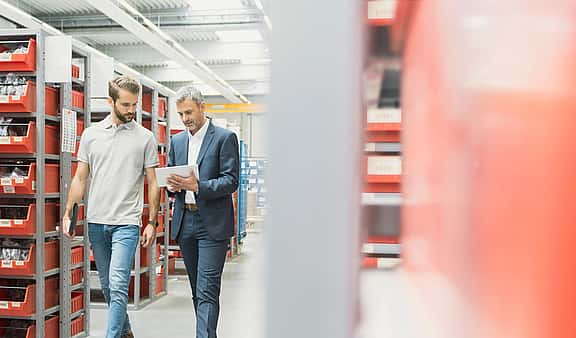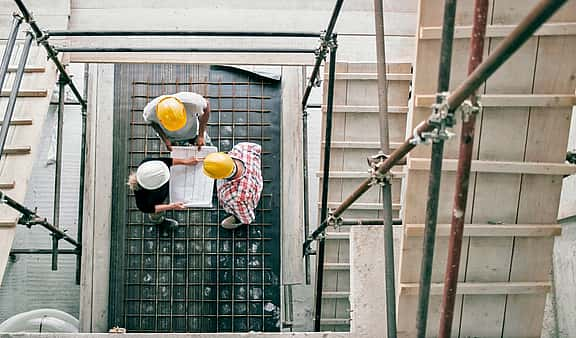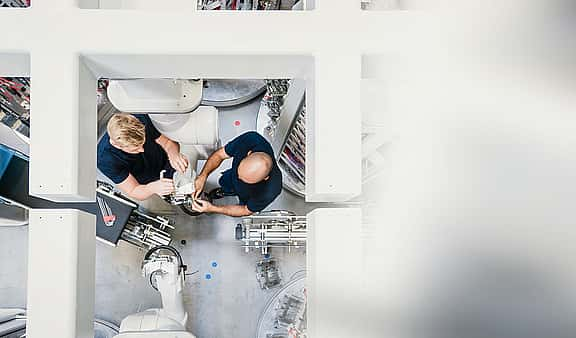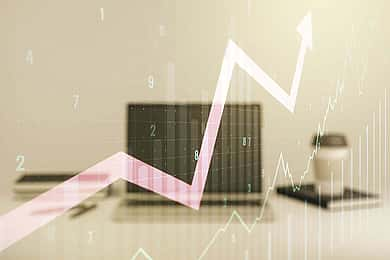As inflation soars, interest rates, which have been at record lows for over a decade, are the subject of much discussion. The opinion is divided on whether they are going to increase this year. There’s no doubt about inflation though, that is definitely happening at an eye-watering rate.
Over the two years of the pandemic spending patterns changed and money was squirrelled away in many Irish households - a whopping €30 billion of it, bringing deposits to a hefty €142 billion. However, given that savings were already earning very little thanks to low-interest rates, the value of that carefully gathered hoard is actually being eaten into by inflation.
The interest rate environment may possibly be about to change; both the US Federal Reserve and the Bank of England have hiked rates up and the European Central Bank is likely to follow that example in coming months. If that happens, savings will become more valuable again and start earning instead of losing value.
Every business owner will be asking themselves how these changes will impact their business. There are some positives, but in the main, it’s not good news. Obviously, if your business has capital, rising interest rates will mean higher returns.
However, many businesses have loans and unless they are fixed-rate, repayments will rise, increasing expenses and threatening cash flow. Growth plans may be impacted negatively as well and interest-sensitive businesses are likely to see less demand for goods and services. It’s time to examine your business strategy in light of these changes and even a potential recession and plan financial moves carefully with the assistance of an expert like grenke.
One important decision to make for many Irish businesses is whether to lease or buy when investing in new equipment, machinery, or software. Leasing has many benefits and it’s particularly attractive that the upfront cost is less than an outright purchase. Businesses get access to a higher standard of equipment as the payments are spread out, and it’s easier to upgrade to a better or newer model. Obviously, it’s easier on cash flow and often both repair and maintenance are covered by the lease agreement.
However, there are also disadvantages to equipment leasing. Interest must be paid and in an uncertain climate, rates could increase unexpectedly. During the leasing period, a business doesn’t own the equipment and the value of the asset isn’t in the books. Sometimes it’s difficult for new businesses to lease equipment without larger upfront payments or other concessions. Equally, it can be difficult to terminate inflexible medium or long-term agreements.
The decision is very specific to the stage your business is at and the options open to you. If you are considering equipment leasing or other cashflow solutions, talk to grenke about the range of options for businesses of all sizes, types, and stages. grenke offers entrepreneurs fast and flexible financial solutions through a range of services including leasing and invoice finance.











